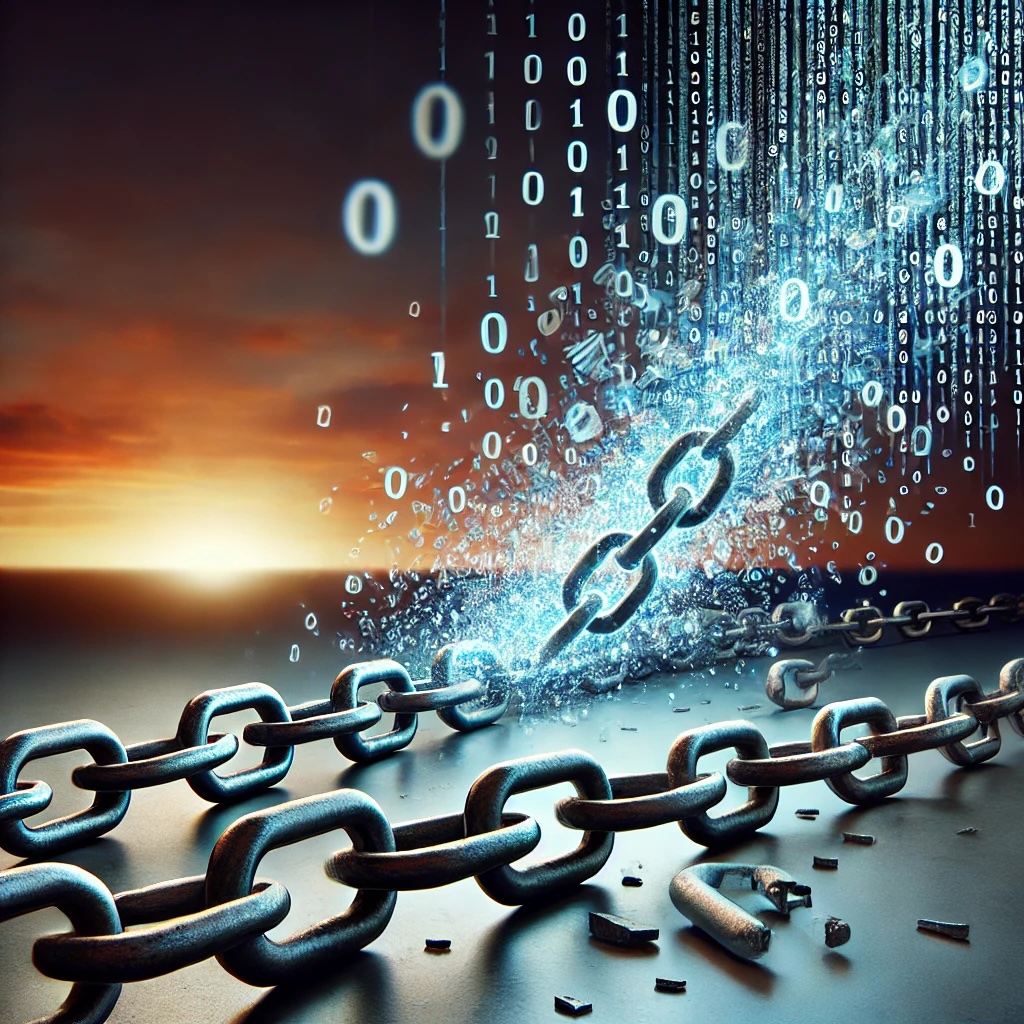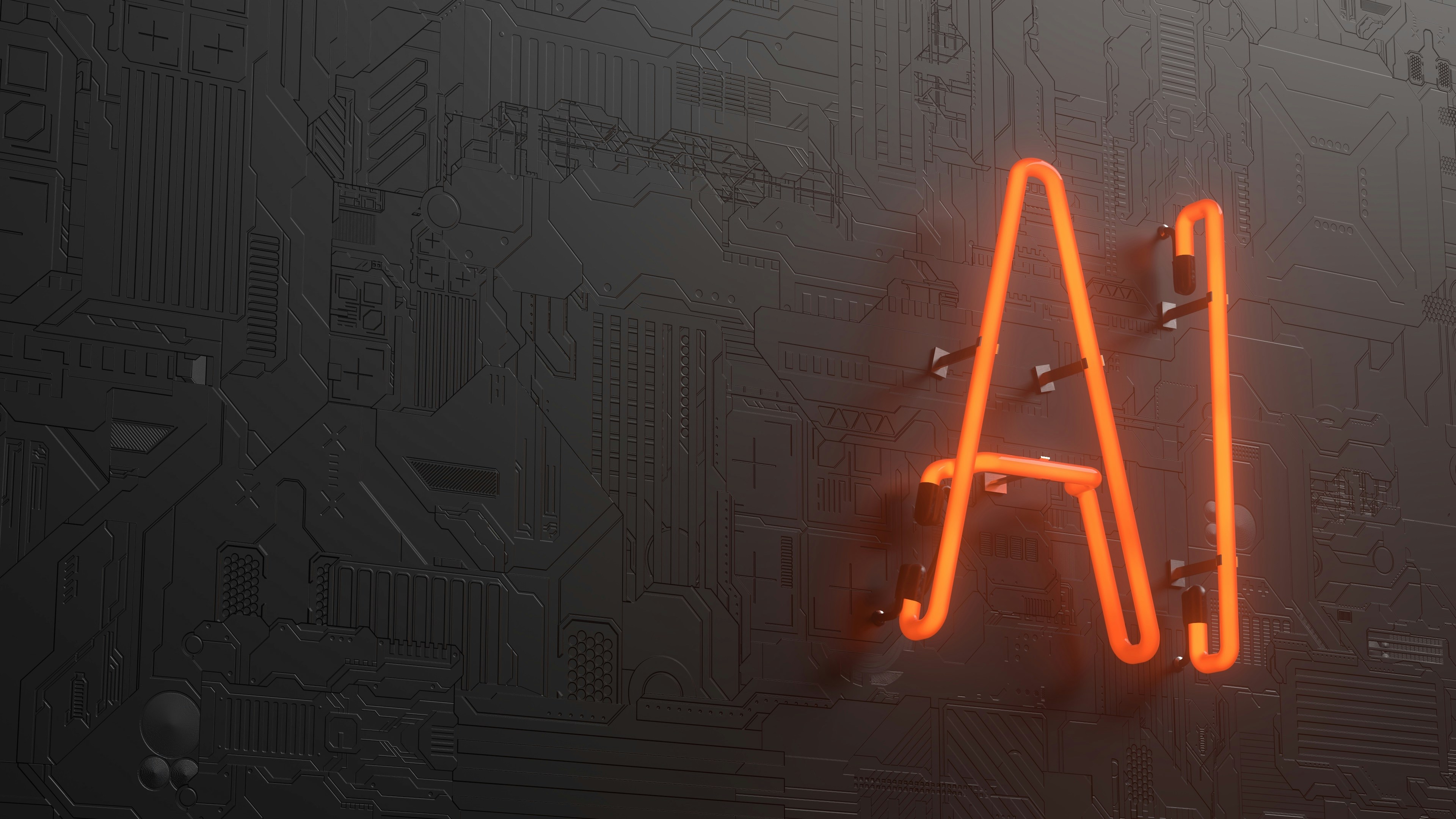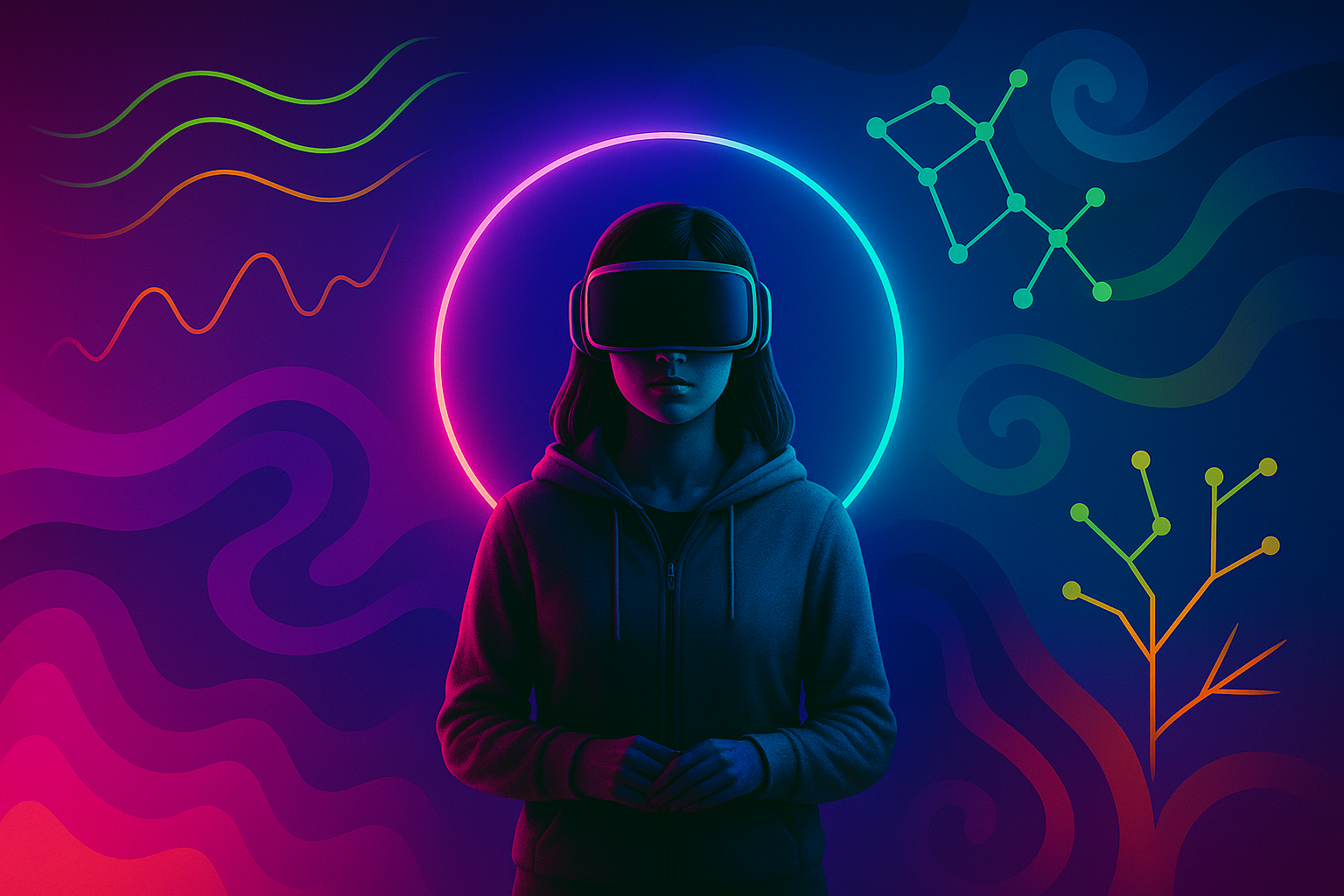
 John Moravec
John MoravecReclaiming education for inclusive, democratic institutions
This morning, the Royal Swedish Academy of Sciences awarded Daron Acemoglu, Simon Johnson, and James A. Robinson with the 2024 Nobel Prize in Economic Sciences. Their exploration into how institutions of governance are formed and how they influence a nation’s prosperity helps us understand why some nations are more successful than others. Their work is built on understanding the historical impacts of colonization, revealing how the establishment of either inclusive or extractive institutions has led to the divergent economic destinies of nations. The laureates emphasize that inclusive institutions not only promote economic prosperity but also foster environments where education thrives, enabling citizens to actively participate in shaping their societies.
From the Academy’s press release:
Some countries become trapped in a situation with extractive institutions and low economic growth. The introduction of inclusive institutions would create long-term benefits for everyone, but extractive institutions provide short-term gains for the people in power. As long as the political system guarantees they will remain in control, no one will trust their promises of future economic reforms. According to the laureates, this is why no improvement occurs.
This serves as a wake-up call. It prompts us to scrutinize the very foundations upon which our societies are built. Are we fostering institutions that empower and include, or are we perpetuating systems that exclude and exploit? This underscores the critical role that education plays in building and sustaining civil society.
Education as a foundation for civil society
Acemoglu, Johnson, and Robinson highlight that inclusive institutions are crucial for sustained economic growth. Extending this idea, education becomes a foundational element in cultivating the active, informed citizenry necessary for these institutions to thrive. Otherwise, people become susceptible to empty promises from those in power, and growth does not occur.
The challenge: Our current educational systems are often failing to produce active, engaged citizens capable of nurturing inclusive institutions. Mainstream schools focus on rote learning and standardized testing, often neglecting the crucial development of critical thinking and civic engagement. If we continue down this path, we risk raising generations ill-equipped to challenge unjust institutions or to participate meaningfully in democracy.
Education must be more than a means to a job; it must be a catalyst for societal development. This involves:
Building civic responsibility early on: If students do not learn about their power to effect change, they may never attempt to do so. Schools should be incubators for social consciousness and action.
Encouraging critical examinations of society: We should not shy away from discussing uncomfortable truths about our institutions. Only by acknowledging flaws can we hope to address them.
Teaching the mechanics of change: Understanding how to navigate and influence institutional structures empowers individuals to become agents of change rather than passive observers.
On the human side… developing metaliteracy for navigating a complex information landscape
The barrage of information in the modern world—both credible and misleading—is relentless. This deluge makes it increasingly challenging to discern truth from manipulation. Introducing the development of metaliteracy into education is essential for empowering individuals to navigate this complex landscape. By integrating metaliteracy into our educational frameworks, we bolster the resilience of democratic societies against misinformation and external manipulation.
Metaliteracy encompasses skills that enable individuals to not only consume information critically but also to produce and share content responsibly across various platforms.. It encourages learners to analyze the source of information, understanding who is behind the content and what their motivations might be—especially crucial when non-democratic actors attempt to exert influence. Recognizing bias and propaganda equips individuals with the tools to identify manipulative content designed to sway public opinion or undermine democratic processes. Engaging in reflective judgment promotes thoughtful consideration of information before accepting or sharing it, fostering a more informed and responsible citizenry.
For instance, consider the spread of misinformation during the COVID-19 pandemic—a phenomenon the World Health Organization termed an infodemic. False claims about miracle cures, such as consuming excessive amounts of garlic or even harmful substances like bleach, proliferated across social media platforms and less informed politicians. These dangerous narratives not only put individual lives at risk but also undermined public health responses by fueling vaccine hesitancy and distrust in medical expertise.
Similarly, in recent election cycles, deepfake technology has been employed to create convincing but fabricated videos of political figures. In the current U.S. presidential election season, deepfake videos circulated on social media platforms, some originating from foreign entities aiming to influence voter perceptions. Coördinated disinformation campaigns have sought to exploit societal divisions, disseminating false information that could erode trust in democratic institutions in the U.S. and in other countries. By educating citizens to critically assess such information, we can mitigate the impact of these manipulative tactics and strengthen the integrity of our democratic processes.
These incidents highlight the profound impact that misinformation can have on society. By educating citizens to critically assess the information they encounter—questioning sources, identifying biases, and reflecting before sharing—we can mitigate the influence of manipulative tactics. Metaliteracy empowers individuals to navigate the complex information landscape confidently, making informed decisions that uphold the integrity of our democratic processes.
On the other side… understanding the dual role technology has with society
Technology, particularly artificial intelligence, stands at a crossroads. It can either be harnessed to enhance democracy and inclusivity or be allowed to entrench authoritarianism and inequality further. The choice is not up to some distant future generation; it’s ours, now.
Powerful technologies come with big risks. AI can easily be used as a tool for oppression; without strict oversight, it can become the ultimate surveillance apparatus, stripping away privacy and civil liberties under the guise of security or efficiency. For example, reports have emerged about the use of AI-powered facial recognition technology in certain regions to monitor citizens. In recent years, concerns were raised about the deployment of such technologies in public spaces without adequate regulation, leading to potential human rights violations and abuses of power. AI can also be used in “softer” ways to perpetuate false narratives in a very convincing manner.
Additionally, if access to AI technologies remains concentrated among the elite, we risk exacerbating inequality, widening the gap between the haves and the have-nots to an unprecedented degree. In some developing countries, the lack of infrastructure and investment in AI technology means that entire populations could be left behind in the technological revolution, further entrenching economic and social disparities.
While it is important to recognize the risks, dismissing AI as inherently dangerous overlooks its potential benefits. There is immense potential for AI to revolutionize how we engage with democracy. Empowering citizens through AI can facilitate greater participation in governance, making complex data understandable and decision-making processes more transparent. For instance, some municipalities have started using AI-driven platforms to analyze public feedback on local issues, enabling more responsive and inclusive policy-making. Enhancing accountability is another possibility. Blockchain technology and AI can be combined to create transparent systems for tracking government spending, reducing corruption, and increasing trust in public institutions. In countries where such technologies have been piloted, there have been promising signs of increased public engagement and oversight. But, in enhancing civil society and attending toward the functioning of true democracies, there is still a lot of room for improvement in how we use AI and other nascent technologies. Inclusive institutions can guide the ethical development of AI, ensuring it serves the public good, while extractive institutions may exploit technology to consolidate power, reflecting the dynamics described by the laureates.
Practical steps toward empowering civil society through education and technology
If we are serious about building inclusive and civil societies, we must take bold actions:
Overhaul educational priorities: Shift the focus from producing workers to cultivating citizens. This means prioritizing subjects and activities that foster critical thinking, empathy, and civic engagement.
Finland, for example, reformed its education systems to emphasize student-centered learning and critical thinking. Finnish schools incorporate interdisciplinary projects that encourage students to explore social issues, fostering a sense of civic responsibility. For instance, students might engage in community service projects or collaborative problem-solving activities that address local environmental concerns, thereby linking education directly to societal development.
Democratize access to technology: Ensure that AI and other advanced technologies are accessible to all segments of society, not just a privileged few. This could involve public funding for community tech centers or open-source AI initiatives.
For example, the Digital India initiative aims to provide digital infrastructure and literacy across the country, especially in rural areas. By establishing common service centers equipped with internet access and computers, the program bridges the digital divide. Additionally, open-source platforms like TensorFlow make advanced AI tools available to anyone with internet access, enabling innovation and learning without the barrier of expensive software licenses.
Establish citizen assemblies: Use technology to facilitate large-scale, participatory decision-making processes, giving people a direct voice in shaping the policies that affect them.
In Ireland, citizen assemblies have been instrumental in addressing complex issues such as same-sex marriage and abortion laws. Randomly selected citizens deliberated and made recommendations that led to referendums and legislative changes. On a technological front, cities like Barcelona utilize platforms like Decidim, an open-source participatory democracy tool that allows residents to propose and vote on local policies online, increasing transparency and civic engagement.
Implement robust oversight of AI: Create independent bodies tasked with monitoring the use of AI to prevent abuses of power and protect individual rights.
The European Union is pioneering regulatory efforts with its proposed Artificial Intelligence Act, which seeks to classify AI applications based on risk and impose strict regulations on high-risk AI systems. Independent oversight committees would enforce compliance, ensuring that AI is used ethically and does not infringe upon individual rights. Organizations like the Algorithmic Justice League are also advocating for accountability in AI, pushing for standards that prevent discriminatory practices.
Reframe tech literacy as a civic duty: Just as we expect citizens to understand basic laws and rights, technological literacy should be seen as essential for meaningful participation in modern society when paired with metaliteracy skills.
Estonia has made digital competence a national priority, integrating it into their education system from an early age. Students learn not only how to use technology but also how to understand and critically evaluate digital information. The country offers e-residency programs and online platforms for government services, making tech literacy essential for civic participation. Public initiatives provide adults with opportunities to enhance their digital skills, recognizing that an informed populace is crucial for a robust democracy.
Reimagining the role of AI in democracy
Education and technology are not neutral forces; they either contribute to inclusion and democracy or enable oppression and inequality. We must reclaim technology as a tool for the many, not the few. The institutions we build today will determine the prosperity and freedom of generations to come. This requires fundamental paradigm shifts:
From passive consumers to active prosumers and shapers: Encourage individuals to move beyond passive consumption of technology to become creators and influencers of tech applications.
Toward collaborative development: Foster partnerships between technologists, policymakers, educators, and citizens to develop AI systems that reflect shared values and priorities.
Toward ethical frameworks with teeth: Go beyond platitudes about “ethical AI” and implement enforceable regulations that hold corporations and governments accountable. This is about creating strong sets of rules to be used by all—and enforced for the benefit of all.
As Acemoglu, Johnson, and Robinson (2012) have demonstrated, the institutions we shape today will dictate our collective future. It is imperative that we harness education and technology not as neutral tools, but as deliberate instruments for fostering inclusion and strengthening democracy. The resilience of our societies depends on the choices we make now.
Further reading
- Acemoglu, D., & Robinson, J. A. (2012). Why nations fail: The origins of power, prosperity, and poverty. London: Profile.
- Johnson, S., & Acemoglu, D. (2005). Unbundling institutions. Journal of Political Economy, 113(5), 949-995.
- Mackey, T. P., & Jacobson, T. E. (2014). Metaliteracy: Reinventing information literacy to empower learners. Chicago: ALA Neal-Schuman.



